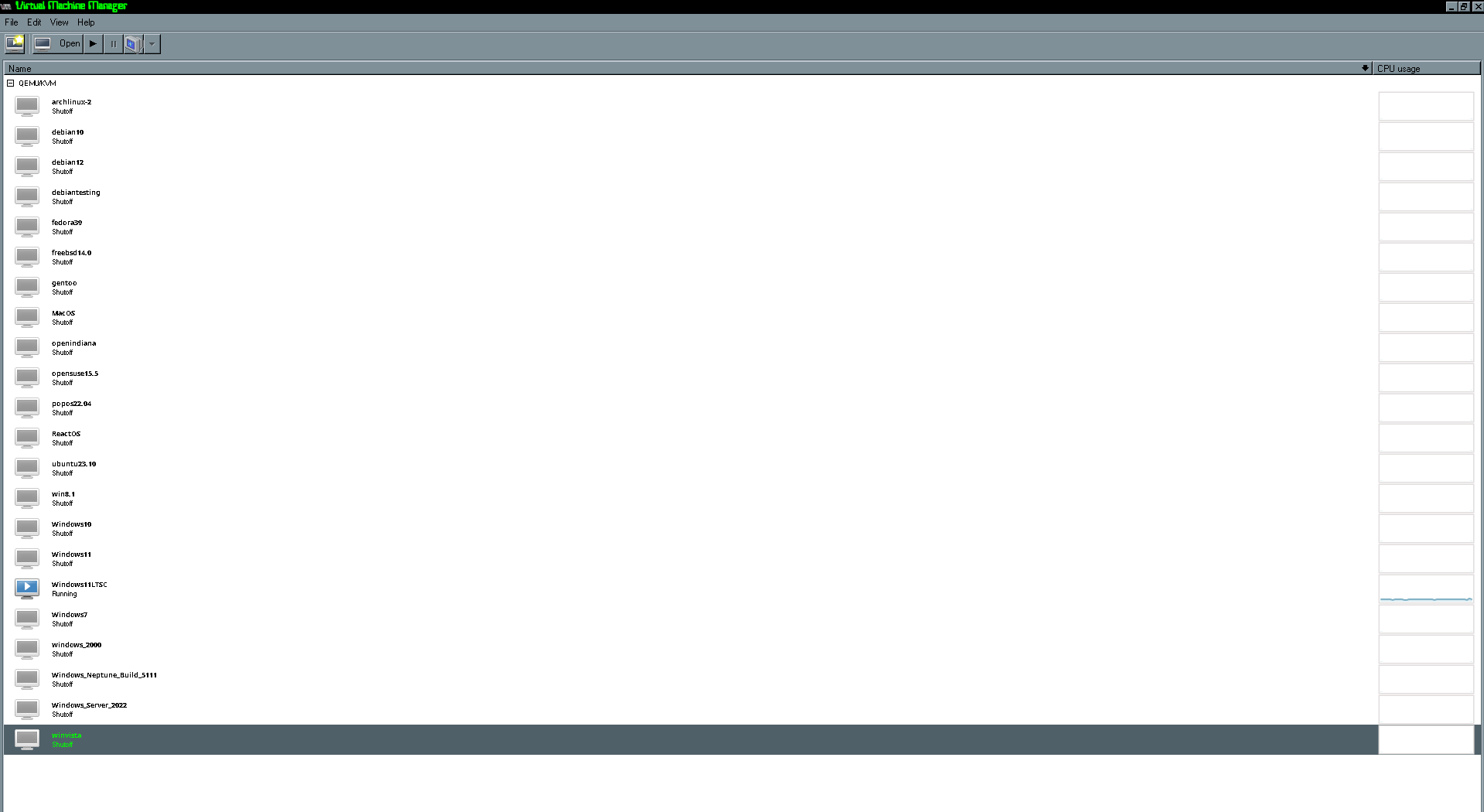169
this post was submitted on 28 Sep 2024
169 points (92.9% liked)
Linux
49529 readers
879 users here now
From Wikipedia, the free encyclopedia
Linux is a family of open source Unix-like operating systems based on the Linux kernel, an operating system kernel first released on September 17, 1991 by Linus Torvalds. Linux is typically packaged in a Linux distribution (or distro for short).
Distributions include the Linux kernel and supporting system software and libraries, many of which are provided by the GNU Project. Many Linux distributions use the word "Linux" in their name, but the Free Software Foundation uses the name GNU/Linux to emphasize the importance of GNU software, causing some controversy.
Rules
- Posts must be relevant to operating systems running the Linux kernel. GNU/Linux or otherwise.
- No misinformation
- No NSFW content
- No hate speech, bigotry, etc
Related Communities
Community icon by Alpár-Etele Méder, licensed under CC BY 3.0
founded 5 years ago
MODERATORS
you are viewing a single comment's thread
view the rest of the comments
view the rest of the comments

Fwiw I had to tinker a bit to get good video playback, Fedora was always choppy for me for some reason but debian is typically smooth with hw accel disabled.
As for the gaming, depending on your setup (I have a desktop and T480 I keep in sync) you can absolutely run two video cards and do PCI passthrough on one to a gaming VM. I have mine set up with a dedicated NIC and USB card and just use a KVM to swap between Qubes and Windows (for now) and it's worked really well. Had to play around a ton to get the full speed out of the GPU though and it only seemed to work in windows so hopefully get that going for a Linux hvm one day.
Absolutely agree there is no going back, I have all of my work stuff entirely hardware agnostic and a full on replica of my work desktop ready to go in a moment should the desktop die. Apart from that keeping client work isolated has been such a game changer.
I use Debian. Like I said, video is only sometimes choppy. I usually have a few vlc windows open at one time. Something I've learned is that it will use a lot of CPU even if the video is paused. To stop it, I have to manually set the video source to "none" when I pause a video and leave it in the BG.
Or just pause the whole VM. Another great Qubes feature
this has been my experience with it on windows too, so it must be a core VLC thing. if it bothers you, I recommend you to try out MPV. been using it for more than a year, would never go back. If you need more than the on screen controller and key combos, there are quite a few proper GUI players being built on MPV.